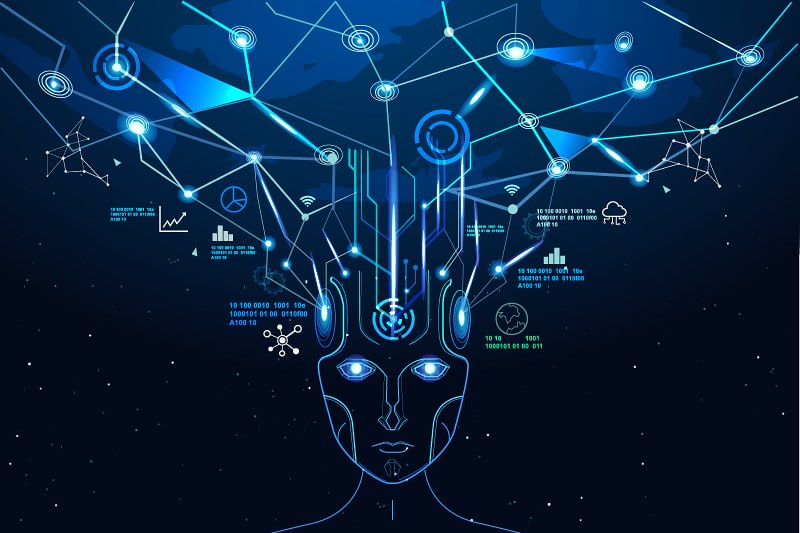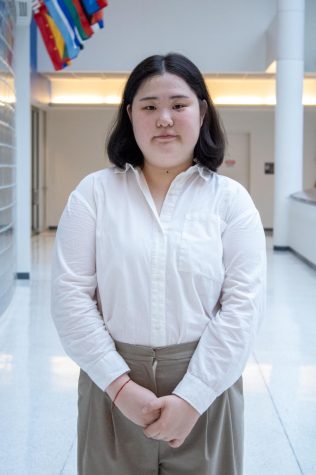ChatGPT will benefit the public if regulated
February 6, 2023
As artificial intelligence technology pervades the mainstream with greater frequency, users and developers should both embrace and regulate its use to ensure safe and fair usage, especially in the context of education and work.
ChatGPT, a chatbot launched by OpenAI in November 2022, can generate human-like text responses to a given prompt.
The artificial intelligence-based technology made headlines in recent weeks for successfully passing several professional certification exams such as the United States Medical Licensing Exam, the multiple-choice component of the Multistate Bar Examination and the final exam of a core course of the Wharton School’s MBA program.
Researchers found that ChatGPT demonstrated high levels of consistency and insight in its explanations on the USMLE. In the case of the bar exam, ChatGPT-3.5 scored at 50%, which is higher than the baseline guessing rate of 25% on 4-option multiple-choice questions.
A research paper by University of Pennsylvania Professor Christian Terwiesch, titled “Would Chat GPT Get a Wharton MBA?,” analyzed how ChatGPT performed on an Operations Management final exam administered at Wharton, which is not unlike similar assessments attempted by business students at Baruch.
The findings entailed that “the present version of Chat GPT is not capable of handling more advanced process analysis questions, even when they are based on fairly standard templates.”
While the software was able to imbue its answers to questions based on analysis and case studies with insight and explanations, it still made simple mathematical calculation errors.
According to Terwiesch, these findings are good news for students and knowledge workers because they indicate that there is no immediate competition from AI technology.
However, ChatGPT’s ability to improve efficiency and accuracy in the workplace, automate repetitive tasks and enhance decision making will undoubtedly impact demand in the job market soon enough.
Moreover, continued investments in the development of AI technology and the resulting increase in ChatGPT’s popularity signal a need for regulations.
Many educators are worried about students’ usage of AI to cheat on assignments. GPTZero., a new app created by Princeton University student Edward Tian, addresses this concern through its ability to “decipher whether a human or ChatGPT authored an essay.”
But while this is certainly an effective tool in fighting AI plagiarism, it is not a sustainable solution.
The key issue here seems to be a persisting stigma surrounding the use of AI in the context of education. Educators must first embrace the technology, which is becoming more mainstream by the day, to set guidelines for fair and safe usage.
Students will likely continue to employ ChatGPT regardless of restrictions set by their school. Thus, banning ChatGPT will ultimately be futile; instead, schools should be working to provide regulated access to the chatbot so that it could be used to further students’ educations.
Microsoft is an example of a company which has embraced AI technology in the workplace by investing $10 billion into OpenAI in January alone.
The software vendor seeks to increase the existing partnership between the two companies and incorporate more AI into Microsoft’s widely used suite of products.
This is a crucial stage in AI’s growth and improvement. More safety features should be incorporated into the software, such as barring chatbots from giving counsel on topic areas that require advanced degrees, such as medical, financial and legal advice.
Furthermore, policymakers should strive to understand contemporary technologies better and start thinking about how to shape the space to allow for developments that benefit society but also protect consumers.







